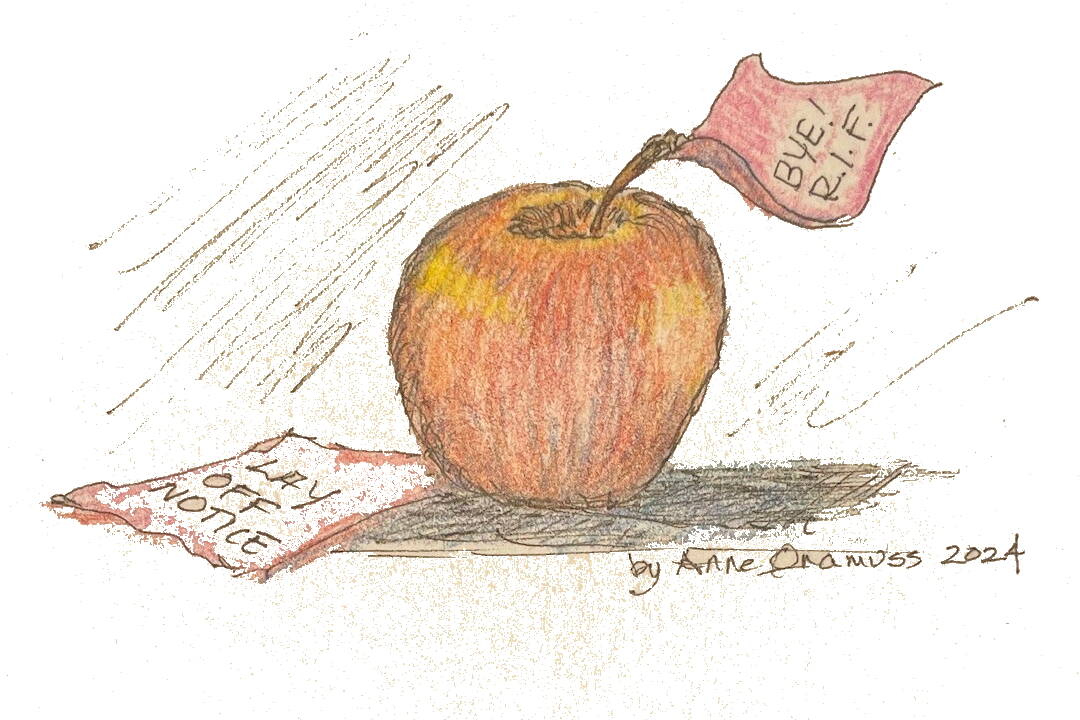People are exiting The Great Land and are reluctant to come here for professional opportunities and to raise families.
The main reason is the deplorable state of Alaska’s public schools. It’s not the only reason. Compared to other states, Alaska’s cost of living is rising at a greater pace, property taxes are higher, child care is unreasonably expensive and scarce, and public sector jobs do not lead to a defined retirement. Additionally, Alaska has poor to bad public administration and a governor who wants to give high dividends to every man, woman, and child while public schools languish into ruin.
Alaska’s Constitution reads, “The legislature shall by general law establish and maintain a system of public schools…” (Art. VII, Sec. 1). For many years, however, the Legislature has not reasonably maintained public schools. At last, over the past two years, the Legislature passed badly needed increases in funding, but each year the governor vetoed them. Then, by supporting the veto, a legislative minority doomed the increases.
Now this year, the effects are most dire: staff must be reduced yet again, leading to greater inefficiency and error. Teachers are let go, the very teachers the governor wants to persuade to stay with year-end bonuses. He does not support what teachers value most: reasonable class sizes and a career leading to a secure retirement. Give teachers these, and as in the past decades, they will be glad to stay and glad to come to Alaska for a career.
Unfortunately, a legislative minority agrees with the governor whose office refers to teachers and public schools as members of the “education industry establishment” (“Flaws found in study,” Empire online, March 20). This phrase comes from the lexicon of those who portray teachers as factory workers, not educators. Teachers do not make products. Teachers lead young people to information, help them to think about it for themselves, give them skills in computation, and give them experience in expressing their thinking. When conditions are reasonable, teachers together can succeed in leading their charges to being thoughtful students who are eager to learn and knowledgeable adults who can think and do responsibly and successfully for themselves.
The governor and his minority legislative support, however, undermine schools by underfunding them and by insulting teachers, public schools, and those who support them by calling them members of an “establishment” against the governor’s policies: bonuses that will not retain teachers and control taken from educators for establishing charter schools. Not granted these proposals, with his retaliatory veto, the governor and a legislative minority have dramatically accelerated Alaska’s public education crisis.
Nothing is as important to families as the provident upbringing of their children. The governor’s veto undermines that goal. In addition to causing more cuts to school activities, maintenance, and transportation, now public schools are being closed down, students are being evicted and herded to other schools to sit in crowded spaces among even larger seas of faces. Under these conditions, students and teachers cannot have quality interaction because teacher-to-student ratios, already too high, now promise to be even higher.
It’s a great contradiction that in a conservative state like Alaska, a minority of political leaders act with such little regard for conserving quality education. Among the state’s many problems, the nonsupport of education is the most seriously consequential; it deprives students of a quality education, helps induce parents to leave the state, and helps families decide against moving to Alaska.
A solution to underfunded education would be for the governor or some of his legislative followers to change their minds about it. Ultimately, though, the choice is up to us. We can try to help politicians change their minds, or, failing that, we can vote for candidates who pledge realistic financial support for public schools—the most valuable service to a state, its people, and its future.
Hoped for is that the destructive lack of support for schools will soon cease to be Alaska’s great mistake. A robust tomorrow depends on it.
• Art Petersen is a 49-year resident of Alaska and Professor of English emeritus from the University of Alaska Southeast.

